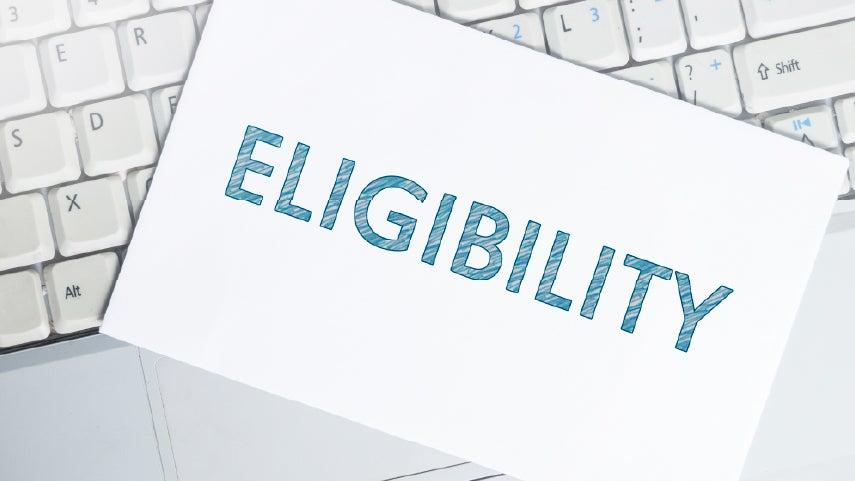
Even if you're healthy and vibrant right now, there may come a day when you cannot speak for yourself, whether due to illness or injury. Advance care planning is a vital step in making sure your health care choices are known and respected should that time ever arrive.
If you have Medicare, you'll want to know that Part B covers voluntary advance care planning, which involves documenting your preferences for end-of-life care. By planning ahead, you can lessen the burden on your family and make sure your care fits with your personal values and wishes.
What is advance care planning?
Advance care planning canters on what type of care may be right for you if you have a life-limiting condition or incapacitating illness. It involves conversations between you and your doctors and non-physician practitioners (NPPs).
During these conversations, your doctors/NPPs may talk through and help you plan for a time when you cannot make your own medical decisions. If you have a life-threatening condition, your practitioner may:
- Discuss the creation of a disease-specific plan.
- Help you explore your understanding of the illness progression.
- Discuss your own and your family’s hopes, fears, and concerns.
They may also talk about care choices during a critical event, and how aggressive you would like treatment to be (e.g., whether to use resuscitation, antibiotics, and feeding tubes).
Is advance care planning the same as an advance directive?
No, advance care planning is not the same as an advance directive. An advance directive is a legal document that specifies what should happen if a person is no longer able to make their own medical decisions. Advance directives take many forms, such as living wills and durable powers of attorney for health care.
If you are looking to prepare an advance directive, you should download your state forms and complete them according to your state’s rules. This will make the documents legally binding. Your doctor or NPP can help you complete these forms.
Do I have to have a terminal illness to take advantage of this benefit?
No. The Part B advance care planning benefit is open to anyone with Medicare. In fact, the best time to begin to discuss end-of-life care is before you're diagnosed with a life-threatening condition. That way, you have plenty of time to consider your preferences.
Having these discussions early can also help guide future care and treatment decisions by your family and caregivers should you become incapacitated and unable to make your choices known.
Advance care planning is not meant to be a one-time conversation, but a series of discussions over the course of a person’s life.
Can I change my mind about end-of-life plans later on?
Absolutely. Advance care planning is a continuous conversation. Should you complete any forms, such as an advance directive, it can be revoked at any time—as long as you still have the capacity to make that decision or complete new forms.
What’s the difference between advance care planning and hospice care?
Advance care planning may include a discussion about hospice care, how it works, and how it fits into your choices about end-of-life care.
A person may choose hospice care if they're diagnosed with a terminal illness with a life expectancy of six months or less. When someone chooses hospice, they sign a statement saying they accept palliative care instead of other Medicare-covered treatments. Learn more about how hospice works.
What does advance care planning cost?
There are two ways you can receive advance care planning. Each has different cost implications, depending on how your provider bills for the service:
- If you choose to have this service in conjunction with your Annual Wellness Visit, you pay nothing out of pocket.
- If you receive the advance care planning benefit separate from your Annual Wellness Visit, you will have to pay 20% of the cost of this service (after the Part B deductible), as you would with other Medicare-covered services.



